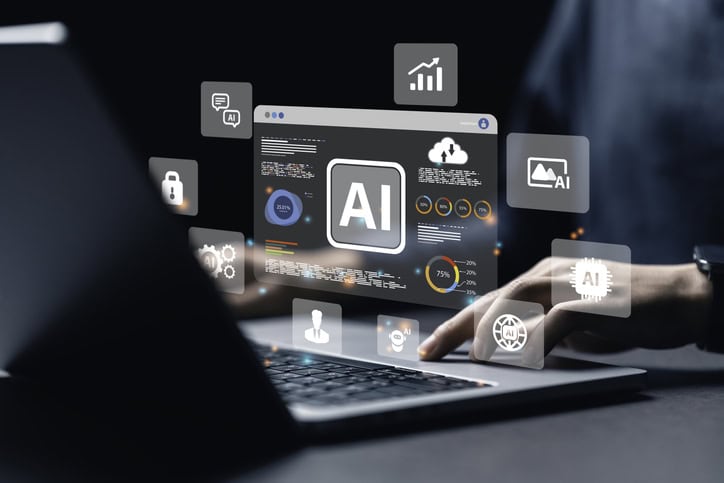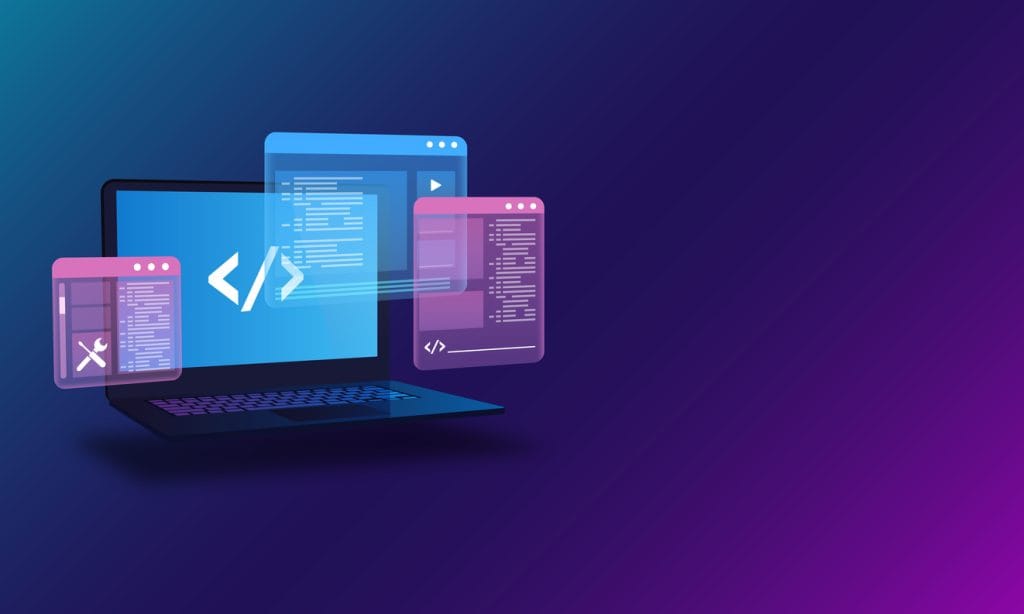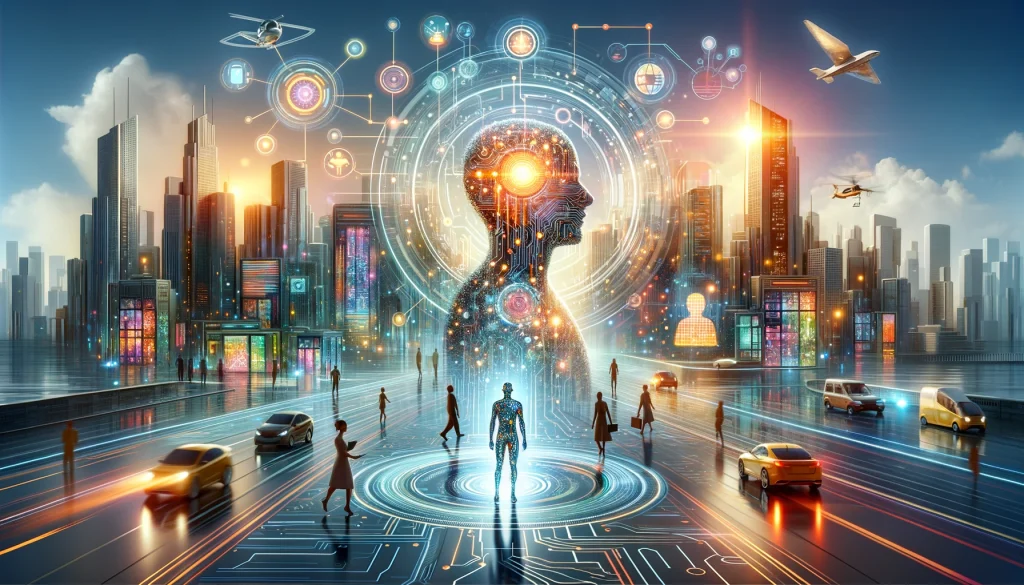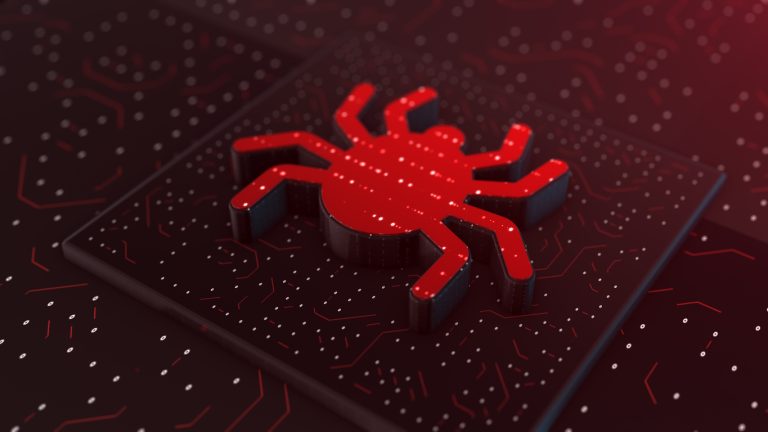How to Be a 10X Developer Using AI in 2024

Did you know that developers who leverage AI tools can boost their productivity by up to ten times? Pretty mind-blowing if you think about it! In today’s fast-paced tech world, staying ahead means embracing the latest innovations. Learning how to use AI is now a critical skill for all software developers. I’ve been down this road myself, and let me tell you, the difference it makes is phenomenal. Let’s explore how you can harness AI to amplify your skills, streamline your workflow, and how to be a 10X developer!
Understanding the Concept of a 10X Developer
So what exactly is a “10X developer”? It sounds like something out of a sci-fi movie, but it’s actually a concept that’s been floating around in the tech world for a while. A 10X developer is someone who is ten times more productive than the average developer—not just in terms of output but also in quality and efficiency.
I remember when I first heard about the 10X developer. It sounded like an exaggeration at first. But then I dug deeper, I found out that the term originated from studies in the 1960s and ’70s, where researchers discovered that some programmers were vastly more productive than others. They weren’t working longer hours; they were working smarter.
However, a 10X developer doesn’t mean you have to be some coding genius who can build an entire app in one day (I’ve known people who can do that, and they’re unbelievable). It’s about leveraging tools and strategies to maximize your efficiency. And guess what? AI is the key to become a 10C developer!
AI bridges the gap between average and super productivity by automating mundane tasks, completing code, and even predicting potential bugs before testing. It’s like having your own Jarvis from IronMan or Gideon from the Flash.
The Growing Importance of AI in Software Development
If you’ve been paying attention to software development trends lately, you’ll notice that AI is making waves everywhere. From AI-powered code assistants to image generation to large language models, AI’s impact on our industry is nothing short of revolutionary.
Leading companies are embracing AI like never before. Tech giants are integrating AI into their development processes to speed up production and improve code quality. AI in DevOps is streamlining deployment pipelines, making continuous integration and delivery more efficient than ever.
Looking ahead, AI changing the software development game. Experts predict that AI will continue to evolve, taking on more complex tasks and enabling developers to focus on creative problem-solving. If we don’t adapt and learn to work alongside AI, we risk being left behind in this rapidly advancing field.
Essential AI Tools Every Developer Should Know

There are different categories of AI-powered software development tools. Here’s a short description of each one. You can read more about these categories here.
AI Coding Assistants
AI coding assistants like GitHub Copilot and Tabnine have completely transformed how I write code. You basically have an assistant that understands the context of your project and suggests code snippets that fit perfectly. These tools help me code faster and reduce the number of bugs early on.
AI for Debugging
When it comes to debugging, AI tools are lifesavers. They help identify and fix bugs faster than traditional methods. In the past, I could spend hours, sometimes an entire day, trying figure out why my code isn’t working. When I switched to using AI debugging tools, those same bugs can be located and squashed in minutes! Tools like Snyk analyze your codebase to spot potential issues before they become big problems.
AI in Testing
AI in testing is another area that’s booming. Automated software testing powered by AI not only speeds up the testing process but also improves accuracy. It frees you up to focus on more important tasks, like designing new features and improving user experience. Tools like Testim.io and Functionize use AI to create intelligent test cases that adapt to changes in your code.
Comparison of Tools
Of course, not all tools are created equal. GitHub Copilot is fantastic for code suggestions but may sometimes offer solutions that aren’t optimal. Tabnine supports multiple programming languages but can be resource-intensive. It’s essential to evaluate the pros and cons to find the tools that best fit your needs.
Integrating AI into Your Daily Workflow
So, how do you actually start integrating AI into your daily routine? It might seem a bit daunting at first, but don’t worry, it’s more straightforward than you think.
First, assess your current workflow. Identify areas where you spend a lot of time on repetitive tasks or where errors frequently occur. For me, writing boilerplate code and debugging errors were prime candidates.
Next, incorporate AI gradually. Start with an AI coding assistant in your IDE and see how it affects your productivity. I began by using GitHub Copilot, which I increased my coding speed tenfold.
Here are some best practices:
- Take it Slow: Don’t try to integrate multiple tools at once. Add a tool, learn it, and then consider adding another.
- Customize Settings: Most AI tools allow you to tweak settings to better suit your workflow. Tinker with them until you feel that tool works naturally for you.
- Stay Updated: AI tools are constantly evolving. You don’t have to try out everything, but keep an eye out for updates that could benefit you.
Overcoming challenges is part of the journey. You might face compatibility issues or a learning curve with new tools. I remember feeling a bit overwhelmed at first, but patience and persistence paid off. Before long, AI became a seamless part of my workflow.
Automating Repetitive Tasks with AI
We all have those tasks that are just plain tedious. Whether it’s data entry, code formatting, or generating reports, these repetitive tasks can eat up a significant chunk of your day.
Identifying these tasks is the first step. Make a list of activities that are routine and don’t require much creative thought.
Using AI to write scripts that automate these mundane tasks can save you loads of time. I used an AI scripting tool to automate my deployment process. What used to take me 30 minutes now happens with a single command.
Measuring the efficiency gains is important. Not only did I save time, but I also reduced the possibility for human error. It’s a win-win situation!
There are plenty of success stories out there. Developers who’ve embraced AI automation report higher job satisfaction and more time to focus on innovative aspects of their work. It’s definitely worth considering.
Enhancing Collaboration with AI Tools

Let’s talk about how AI can significantly enhance teamwork and collaboration.
AI in Code Reviews
AI in code reviews can streamline the process by catching common errors before the code even reaches a human reviewer. This not only speeds up the review process but also allows team members to focus on more complex issues. Tools like ReviewBot can automatically review code for style and syntax errors.
Communication Platforms
Communication platforms powered by AI can improve team interactions. Tools that offer real-time translations or summarize lengthy conversations ensure everyone stays on the same page, regardless of location or language barriers. For instance, Slack’s AI features can prioritize messages and highlight important information.
Version Control
AI also enhances version control by predicting and resolving code conflicts. This is especially useful when multiple developers are working on the same project simultaneously. AI-powered tools can suggest the best way to merge code branches without causing disruptions.
Remote Collaboration
In our increasingly remote work environment, AI tools make remote collaboration more effective. They help maintain team cohesion and ensure that distance doesn’t hinder productivity. AI can schedule meetings across time zones, manage tasks, and even monitor team morale through sentiment analysis.
Ethical Considerations and Responsible AI Use
As we dive deeper into AI, it’s crucial to consider the ethical implications. Data privacy is paramount. Ensuring compliance with regulations like GDPR isn’t just a legal requirement—it’s about respecting user rights.
Understanding and mitigating AI biases is another critical aspect. AI systems can inadvertently perpetuate biases present in their training data. Regularly auditing your AI tools helps ensure fairness and equality.
Transparency is key. Being open about how you’re using AI builds trust with users and stakeholders. Document your AI integrations and be prepared to explain their functions and limitations.
As we continue to embrace AI technologies, we need to do so responsibly. It’s not just a legal but a moral obligation as software developers to ensure that our AI systems respect user privacy, eliminate biases, promote transparency, and uphold the highest ethical standards.
Future-Proofing Your Career with AI Expertise

The demand for AI-savvy developers is on the rise. Companies are seeking professionals who can blend traditional development skills with AI knowledge.
Continuous learning is essential. The AI field is evolving rapidly, and staying up-to-date is crucial. Allocate time for learning new AI tools and how to implement them in your work. It also helps to learn new programming languages, and machine learning concepts as well.
Networking can also open doors. Attend AI conferences, join online forums, or participate in hackathons. Connecting with industry leaders can provide insights and opportunities you won’t find elsewhere.
Building your personal brand is also important. Showcase your AI projects on platforms like GitHub or write articles sharing your experiences (like yours truly). This not only enhances your resume but also positions you as a thought leader.
By investing in your AI expertise now, you’re setting yourself up for long-term success in the tech industry.
Conclusion
Embracing AI can truly transform your development skills and career trajectory. By integrating AI into your workflow, you’re not just keeping up with the times—you’re staying ahead of the curve. So, why wait? Start exploring AI tools today and unlock your potential as a 10X developer. And hey! I’d love to hear about your experiences or tips on using AI in development. Feel free to share them in the comments below.






